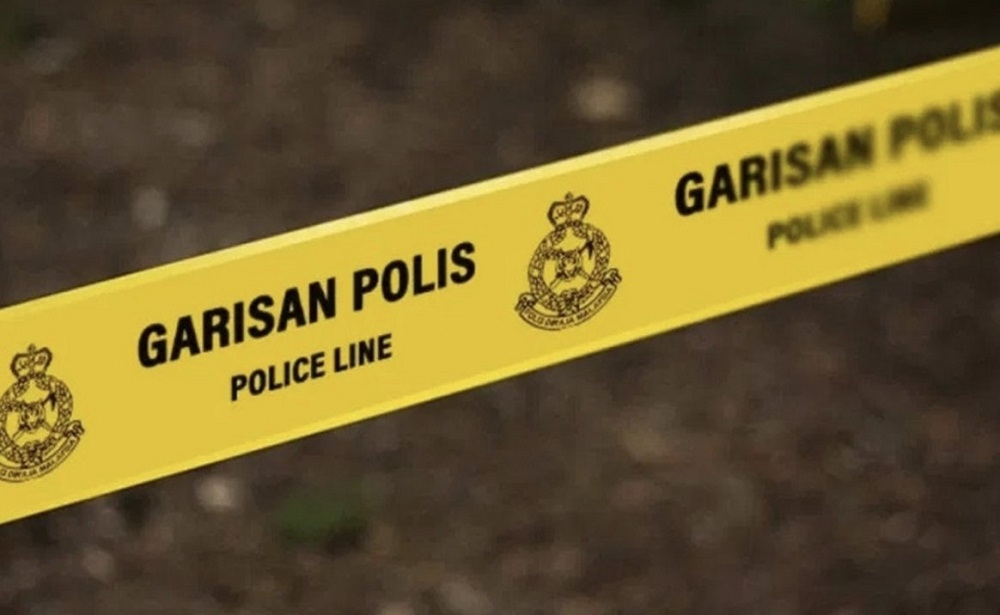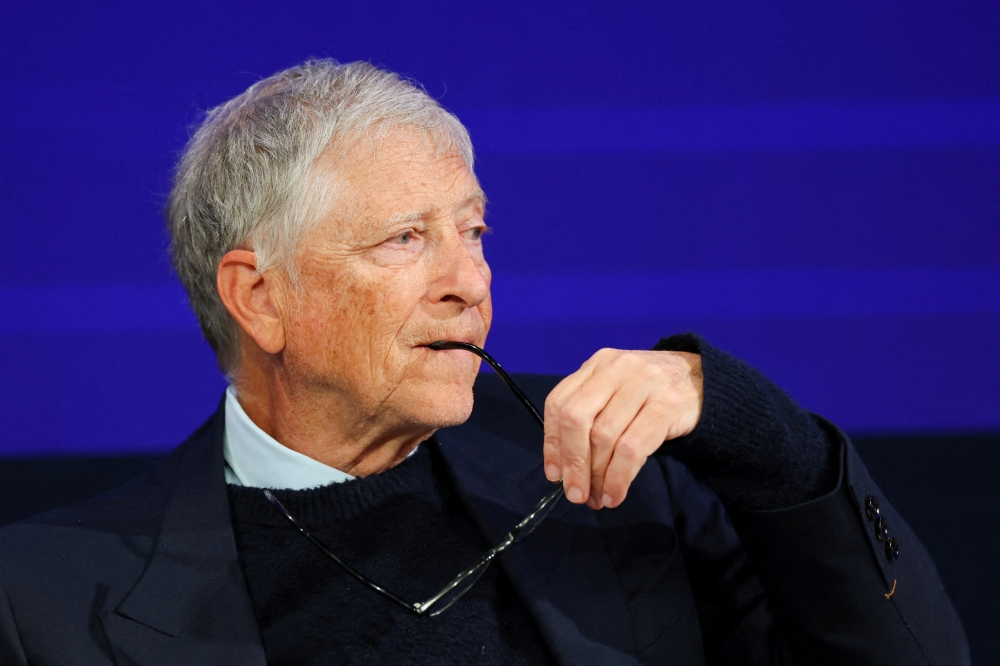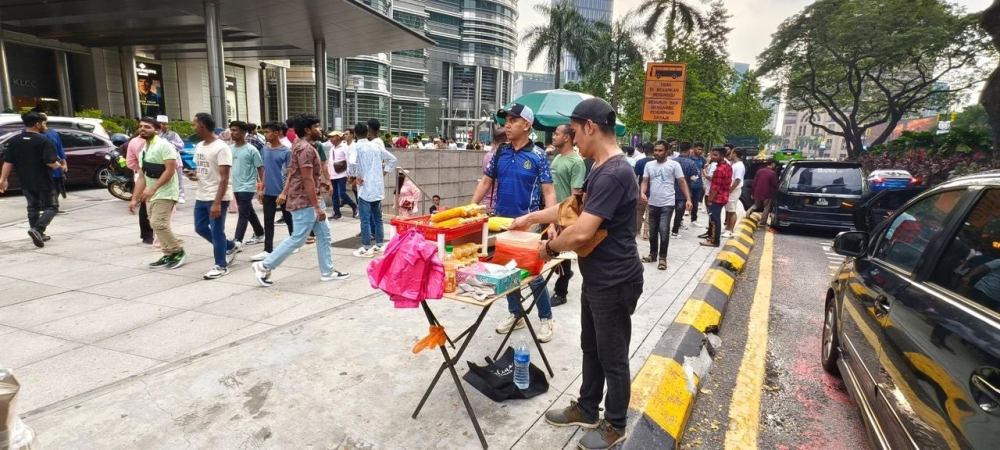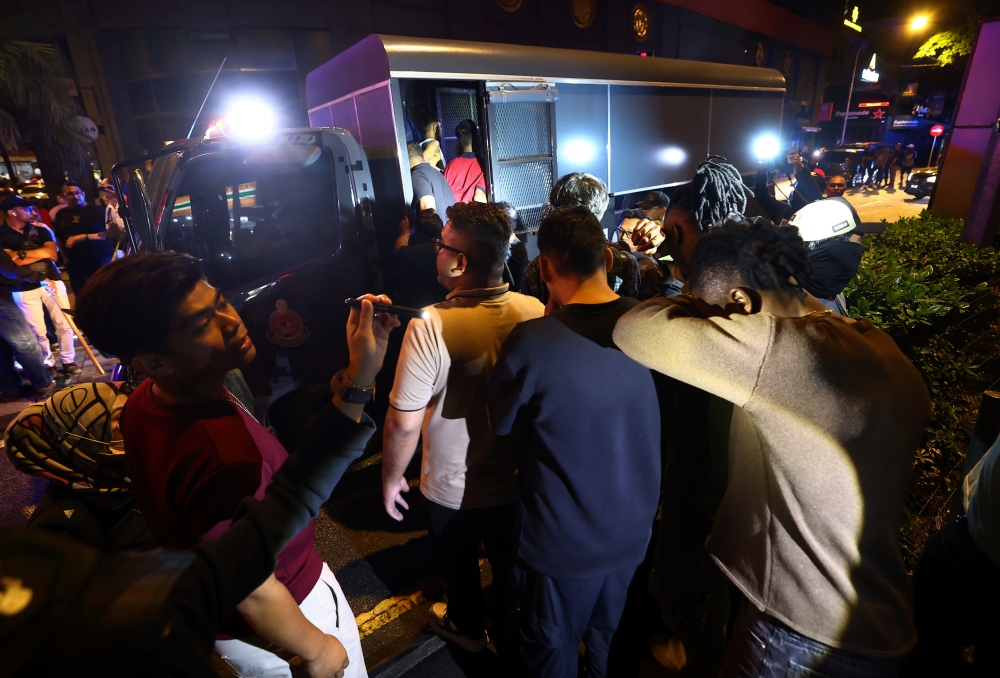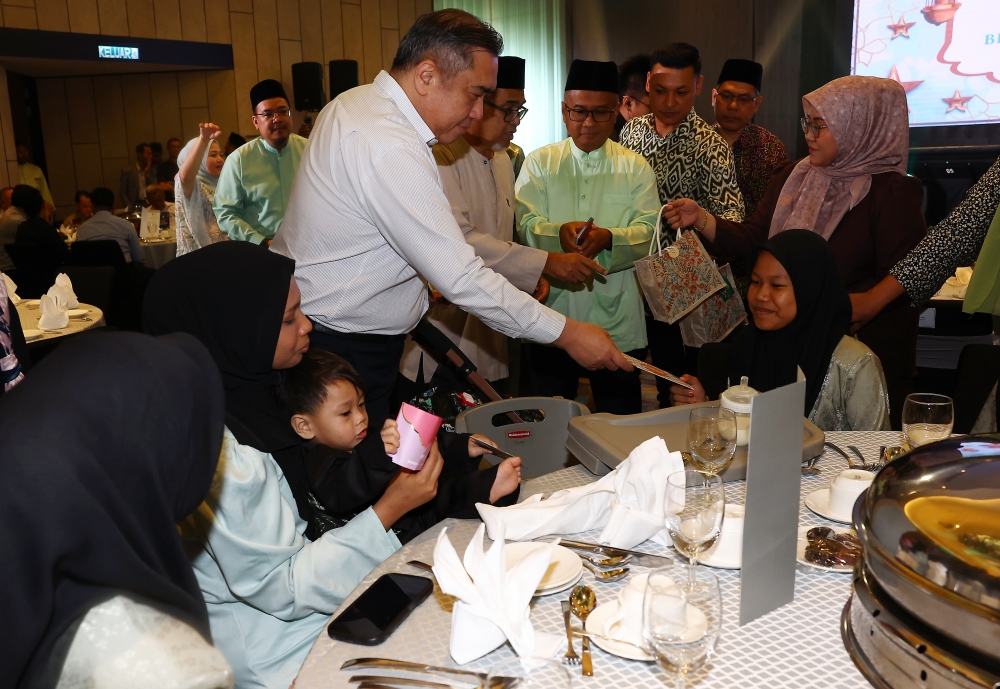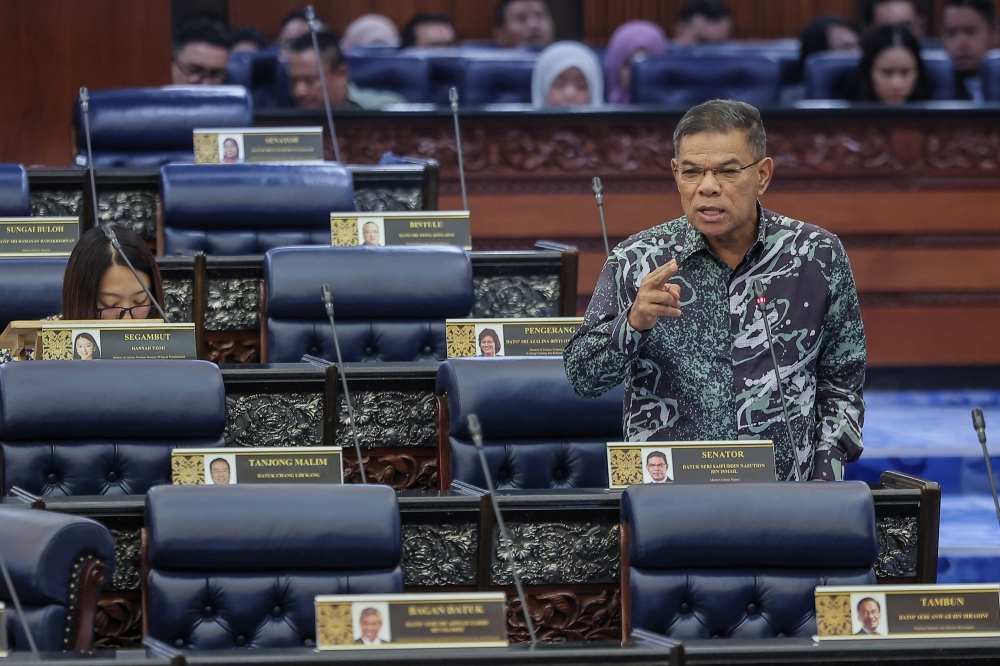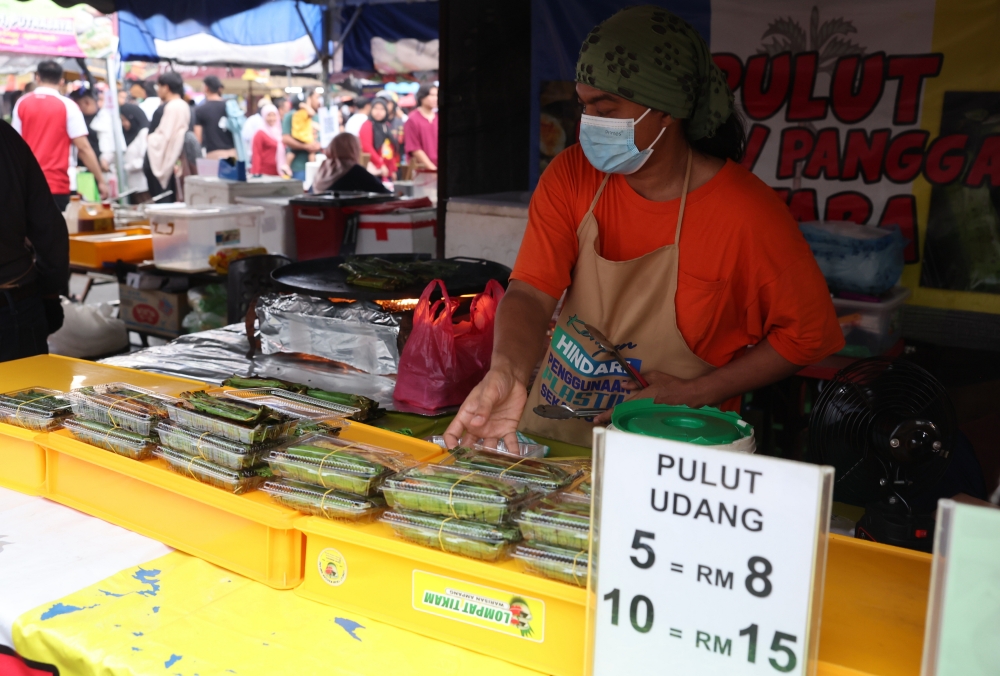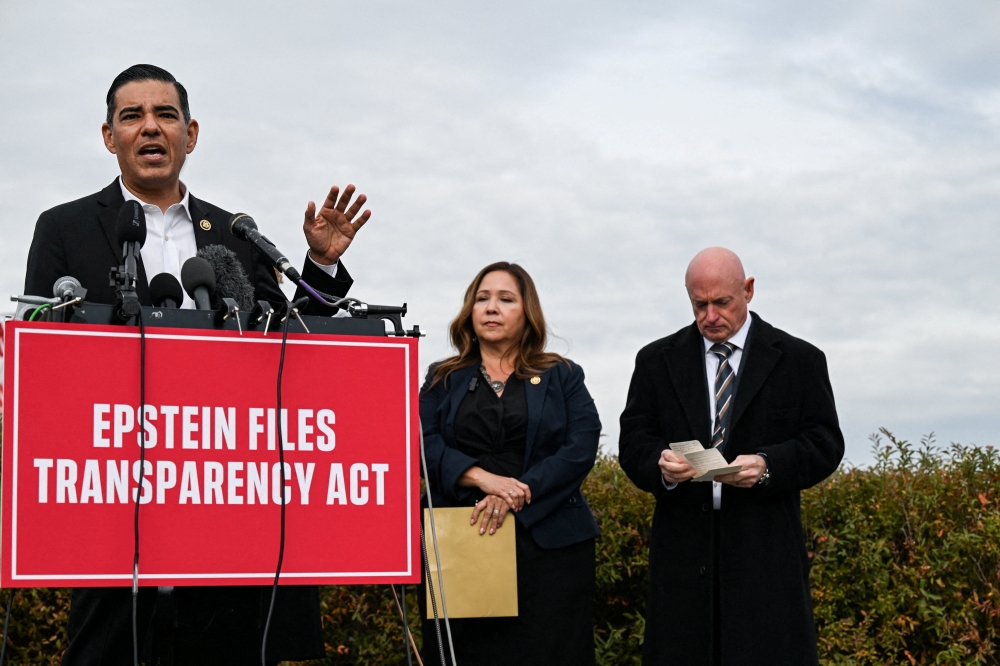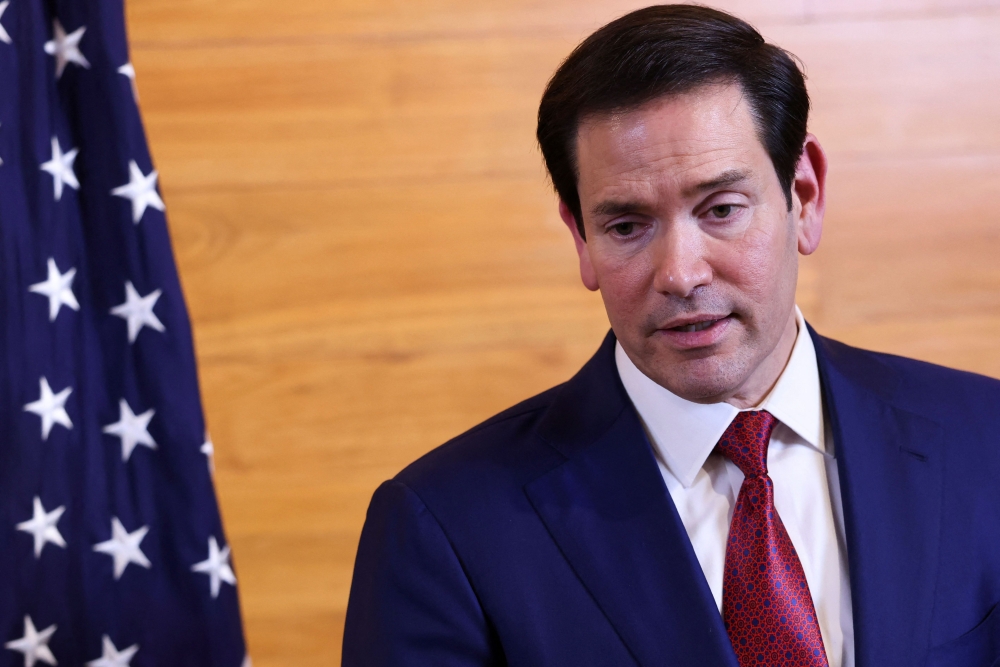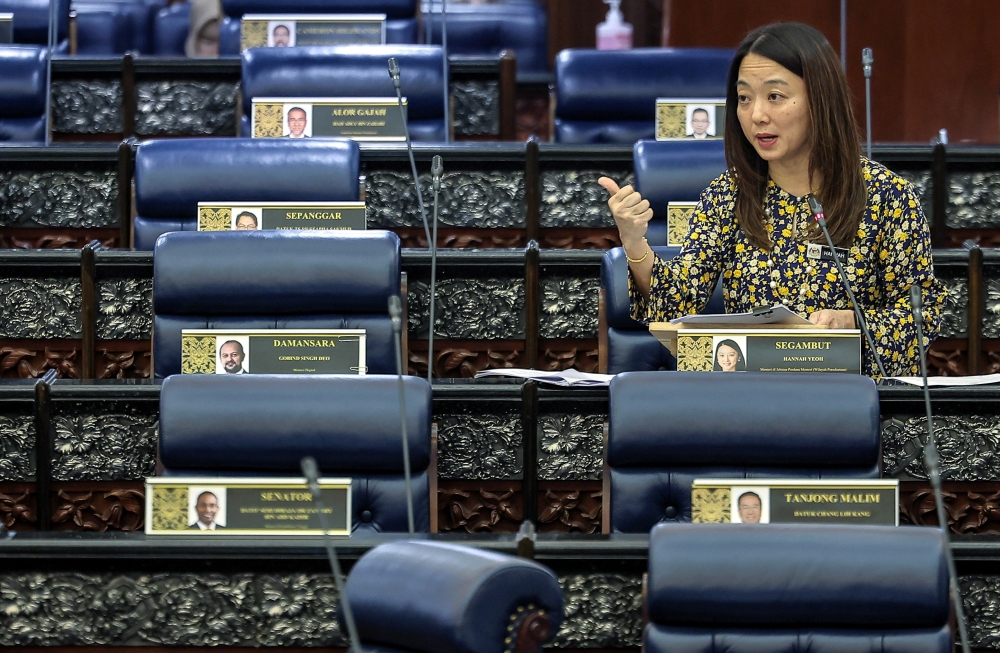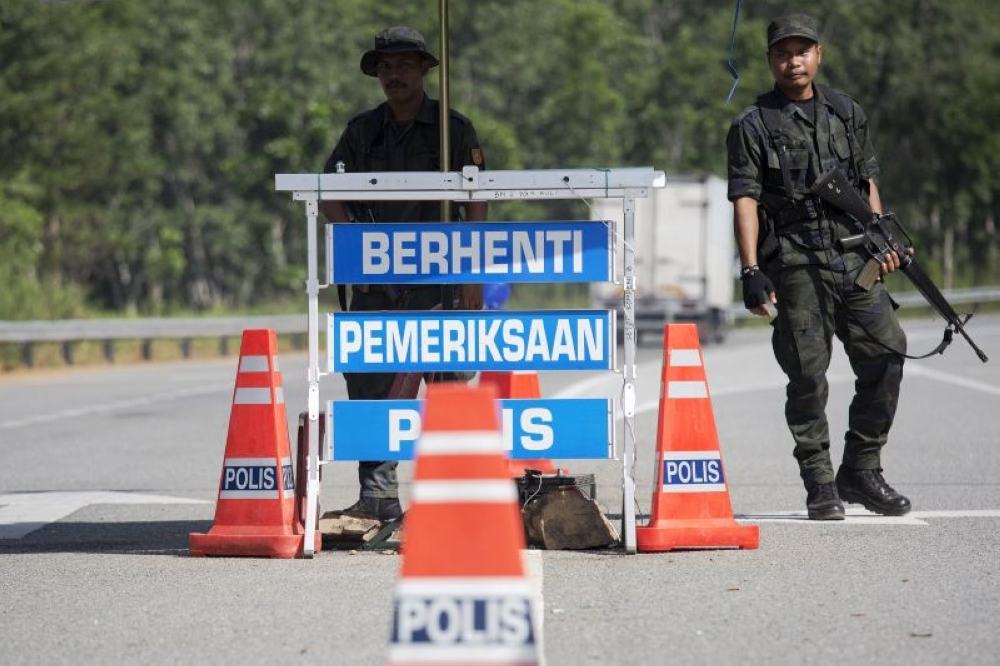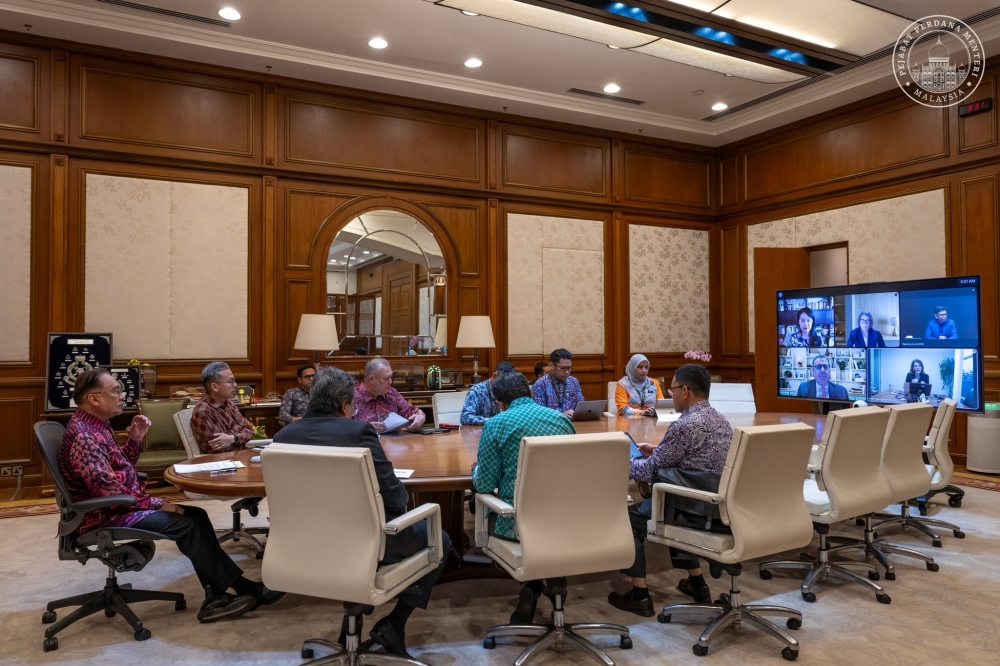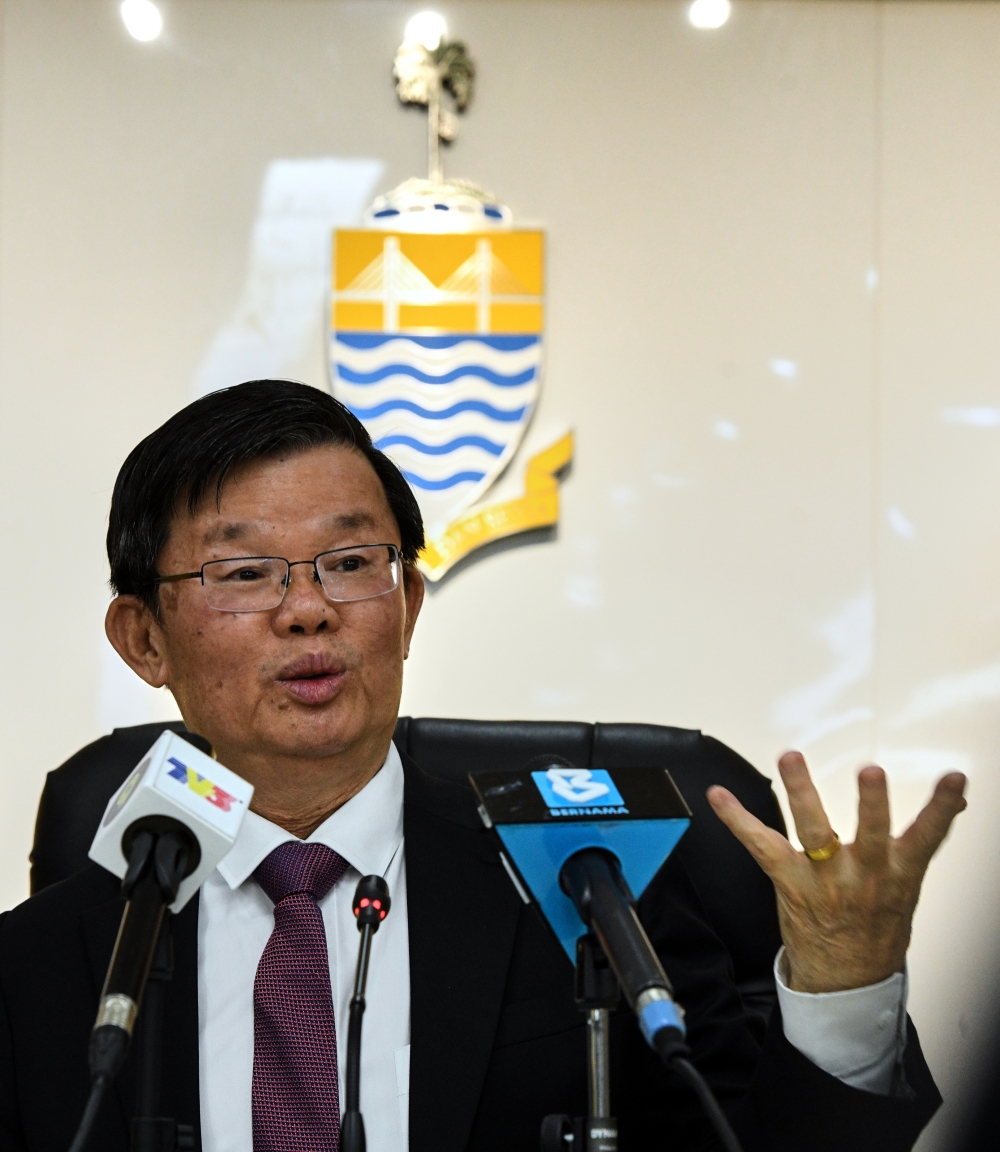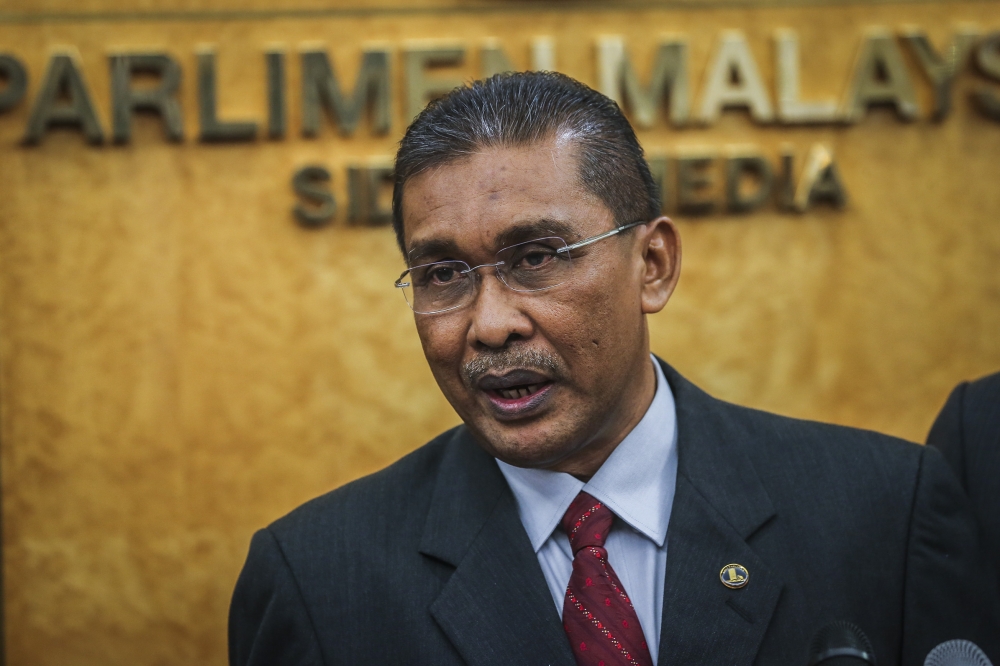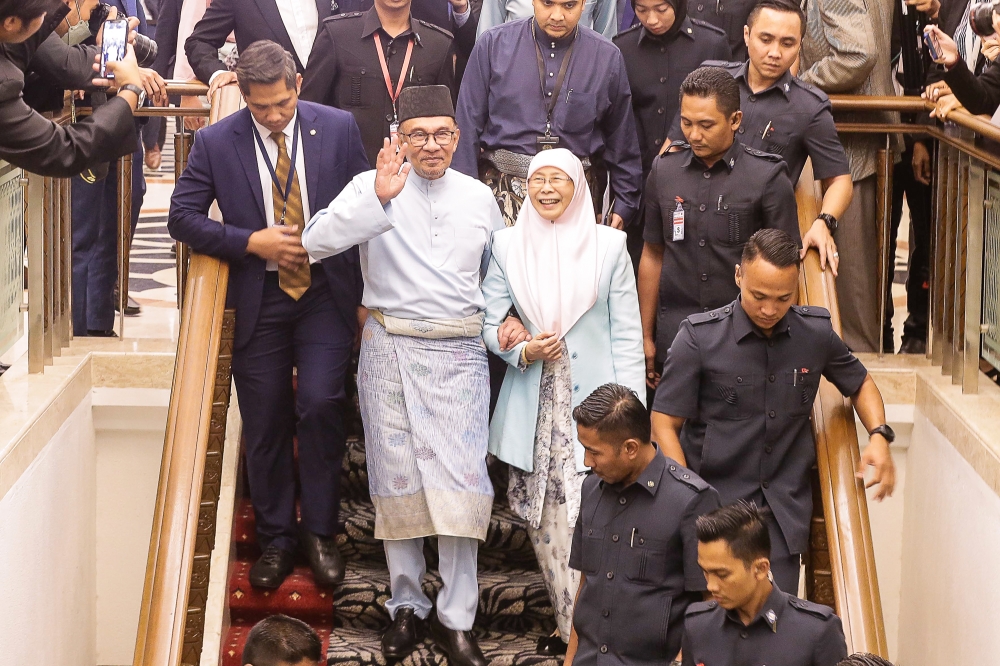KUALA LUMPUR, Oct 11 — The National House Buyers Association (HBA) while it supports several proposals in the Budget 2020 to make housing more accessible, the association has cautioned against some of the incentives offered.
Its secretary-general, Datuk Chang Kim Loong said HBA disagrees with the government’s Home Ownership Campaign (in partnership with private sectors) where developers provide at least a 10 per cent discount for qualified properties will be matched with stamp duty exemptions.
“Despite Housing and Local Government Minister Zuraida Kamaruddin’s explanation as to why the government is assisting developers to get rid of their property overhang, it is still very difficult to understand why taxpayers’ money is being utilised to help them.
“And that is exactly what is being done here. How else do you explain the fact that the government is waiving stamp duties for the transaction? Less collection of such fees means government expenditure is being paid from other tax monies.
“Why should the rest of the country subsidise these developers’ marketing of their product? They made a bad business decision and the rest of us have to subsidise their loss? Why don’t these developers just give a ‘sufficient’ discount on these properties? It’s elementary economic that when a product can’t sell, you sell it cheaper in a soft market,” said Chang.
As many as 21,000 property units valued at RM13.44 billion under the Home Ownership Campaign have been successfully sold, exceeding the RM3 billion initial sales target. The Campaign deadline has been extended by six months from June 30 to December 31 this year.
He also said there was no difference between a property of RM1 million with the stamp duties (tax) of RM24,000 waived by the government and a developer selling the property at RM976,000 and the purchaser paying the RM24,000 stamp fee to the government.
Commenting on the government’s proposal to promote the rent-to-own (RTO) financial scheme, while HBA agrees with the scheme, it views that the threshold should not be extended to cover house prices up to RM500,000.
“This figure is the housing developers’ qualification of ‘affordable housing’ and is on the high side as compared to the official definition by the Housing and Local Government Ministry.
“The official definition of affordable housing must meet three criteria. Price should be between RM150,000 and RM300,000 (between rural and urban), built-up must be conducive for family living and must have minimum built-up of 900 sq ft and have at least three bedrooms and its location must be in areas that are accessible to public transportation links, public amenities, government schools, and hospitals,” he said.
In response to the government reducing supply overhang of condominiums and apartments amounting to RM3.8 billion by lowering the threshold on high rise property prices in urban areas for foreign ownership from RM1,00,000 to RM600,000 next year, HBA said this will result in encouraging developers to ignore building affordable properties.
“Although this proposal seems to solve the issue of unsold high end properties, it again has the consequences of encouraging developers’ to ignore building affordable properties (costing below RM300,000) and focus on building higher end properties costing more than RM600,000 with the aim of selling to foreigners. The proposal will instead incentivise real estate developers to target foreigners instead,” he said.
Chang also warned that this proposal will open the floodgates with the situation being more acute in Johor as price of properties in Singapore are very expensive and if the threshold is reduced to only RM600,000 (less than S$200,000) as proposed, this will definitely open the floodgates for foreigners especially based in Singapore to buy properties in Johor.
“When current property owners see that the government has lowered the threshold from RM1 milion to only RM600,000, existing property owners in secondary market, will also want to take capitalise on this situation to also increase the selling prices of their current properties,” he said.
As a result, Chang said, property prices could see a sudden shock effect of high increase in property prices across the board that will not only result in locals being squeezed out of the housing market but increasing the risk of a property bubble.
“This sudden rapid rise in property prices caused by lowering the minimum price threshold is definitely not sustainable in the long run,” he added.
Chang added that the government should leave the marketing of unsold high-end properties in the country to real estate developers themselves.
While HBA take acknowledge the problem of unsold high-end properties, it reiterated that this problem was caused by the greed of the developers in wanting to build such high-end properties instead of affordable properties where there is ample demand.
Commenting on the government’s proposal to enhance Real Property Gain Tax (RPGT) treatment by revising the base year for asset acquisition at January 1, 2013 for assets acquired before January 1, 2013 as compared to the previous base year of January 1, 2000, Chang said the government should ‘punish’ speculators and not genuine home owners or long-term investors.
“Current RPGT does not differentiate between genuine long-term property investors and property speculators as the tax rate is the same regardless of how many properties disposed.
“HBA also vehemently disagrees with imposing RPGT for properties held for more than six years only punishes genuine home owners and long-term property investors. The government is effectively imposing perpetual five per cent RPGT is a tax on inflation and this seems to punish genuine long term investors.
He added that this reflects badly on the government notwithstanding the fact that the reference date (for the valuation of the property or point of valuation) imposed will be calculated from January 1, 2013 instead of the previous January 1, 2000.
Meanwhile, HBA supports the government’s move to allocate RM100 million in 2020 for the repair and refurbishment of the low and medium cost strata housing, or public housing.
In addition, HBA said it was in support of the government assisting youth house buyers in purchasing their first home by extending the Youth Housing Scheme administered by Bank Simpanan Nasional from January 1, 2020 to December 31, 2021.

